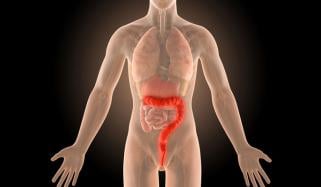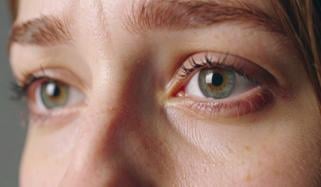
Nowadays, there's been a lot of buzz about a particular diet known as One Meal a Day, famously known as OMAD.
Lately, this diet has been creating a hype on social media with several reports suggested that many famous celebrities and influencers across the globe follow it to lose weight.
However hearing about this diet often raises many questions in people's mind like:
What exactly is this diet?┬Ā
How does it work?┬Ā
Who should follow it and who should avoid?┬Ā
What are its pros and cons?┬Ā
What food should be eaten or avoided?┬Ā
At what time should one have their meal?┬Ā
How long is it safe to eat just one meal per day?
Don't worry! This article is here to solve all your queries related to the OMAD diet so that you can make better decisions for your health.
What is OMAD?
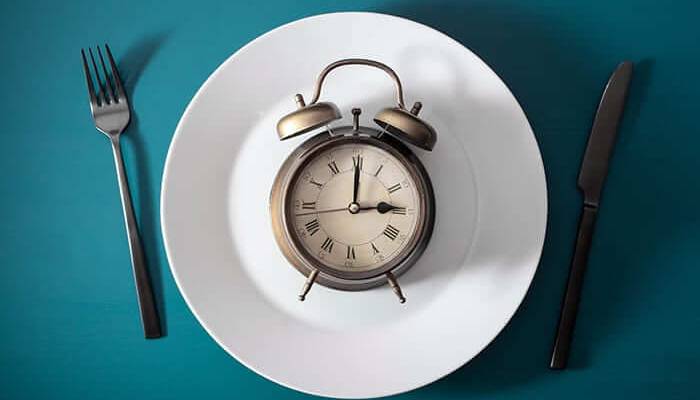
Eating only one meal a day is a form of intermittent fasting where you limit your calorie intake and fast for 23 hours aims to help you loose weight.
OMAD, which is also known as 23:1, you eat one large meal within a one-hour window and consume all of your required calories.
How it works?
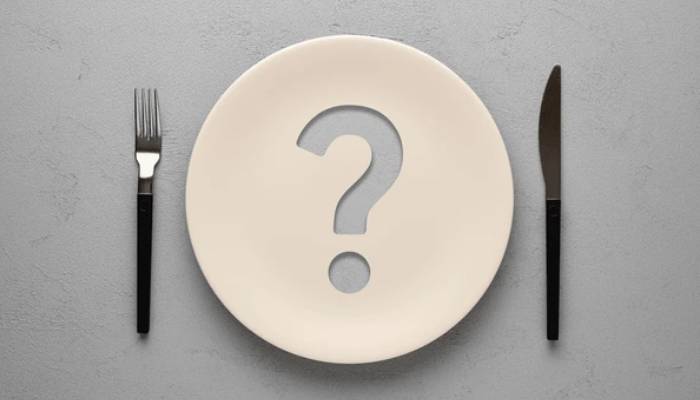
Normally, your body gets energy directly from the food you eat throughout the day.
Eating just one meal a day changes how your body obtains and uses energy.
When you eat carbohydrates, your body turns them into sugar in your blood and if there is too much sugar, insulin helps store the extra sugar as fat in your fat cells.
And if you don't eat for a while, your body lowers insulin production and also signals your fat cells to release stored energy so your body can get energy without food consumption.
But this only happens if you fast long enough for your insulin levels to drop as fasting long makes your body switch from strong energy to using fat for fuel.
Who should follow it and who should avoid?

OMAD diet is generally not recommended for children, teens, pregnant or breastfeeding women, people with eating disorders, certain medical conditions like diabetes or low blood sugar, older adults or those on medications that needs regular meals.
It's highly recommended to always consult a healthcare professional before starting this diet.
What are its pros and cons?
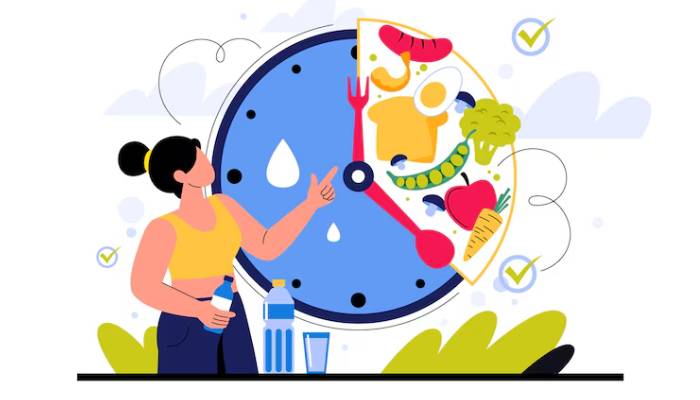
Pros:
Notably, this diet reduces overall calories intake which several studies revealed can help with weight loss.
Fasting can also help improve health by lowering heart disease risk, blood sugar and inflammation and can also improve your metabolism.
Cons:
Long periods without eating can make you very hungry which might cause overeating and weight gain.
Also, people might choose high-fat foods that satisfy hunger, since there are no such restrictions on what you can eat during your one-hour meal, which usually led to consuming more calories than your body even need.
On the other hand, eating only one meal a day makes it hard to get all the nutrients your body needs and even with multivitamins supplement, there are high concerns about meeting nutritional needs.
Fasting for 23 hours can also cause dizziness, fatigue, headaches, low blood sugar, nausea and sleep problems.
What foods should be eaten or avoided?

In this diet, you can eat whatever you want without any restrictions which often makes it attractive for food lovers.
As long as you eat at the same time each day, there's no limit on calories and no foods are strictly forbidden.
However, it's recommended to avoid ultra-processed foods as they are high in calories but low in essential nutrients.
Instead, you need to prioritize healthy and nutrient-rich foods like fruits, vegetables, whole grains, seeds and vegetable oils.
On top of that, it is highly recommended to stay hydrated throughout the day and you can also drink calorie-free beverages like sparkling water, herbal infusions, tea and coffee in moderation.
What time should we have their meal?
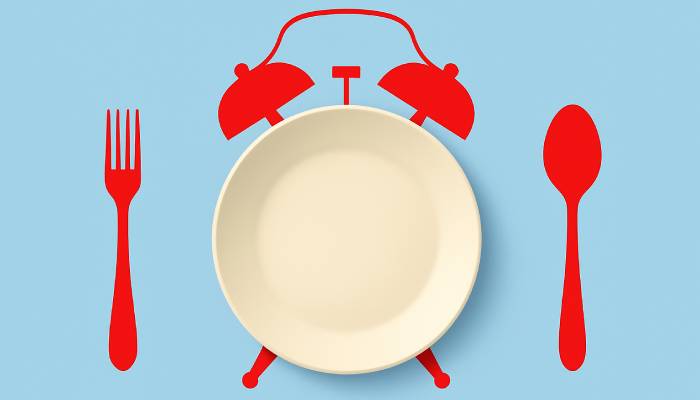
This famous diet works best when single meal is eaten in late afternoon or early evening as this matches the body's natural digestion rhythms.
Eating it as dinner is usually most effective but the ideal timing can vary depending on your daily schedule, energy requirement and how your body reacts.
How long is it safe to eat one meal per day?

Fasting can help with weight loss and many studies have already proofed that but still most health experts do not recommended following OMAD diet for a long time as it may cause nutrient deficiencies, increased hunger or weight regain.


